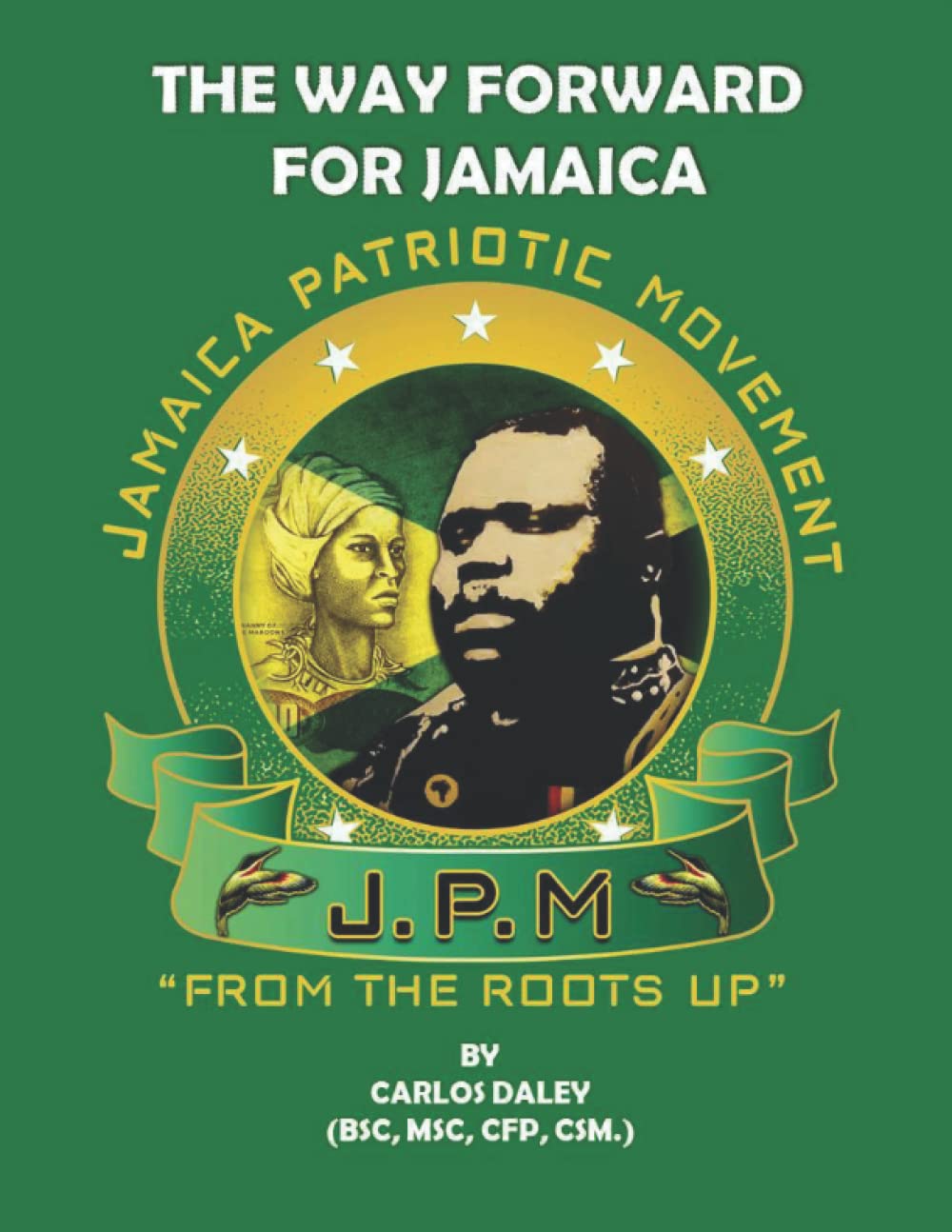By Felix Salmon
Taken from the Financial Times 06/06/14
The lender faces allegations over business with Iran and Sudan, writes Felix Salmon
You cannot send money to Cuba – not from New York, not from London and not from Madrid, Manila or Managua. We all know why: it is because the US has a beef with Cuba.
If the US takes an aversion to you, it can cut you off from the international financial system. No other country can do this but the US controls the dollar and the dollar is the international unit of account. Pretty much any dollar transaction – even between two non-US entities – will go through New York City at some point, where it comes under the jurisdiction of US authorities.
This is about as popular as you might imagine with international bankers who do not live or work in the US. In 2012, for instance, a Standard Chartered director was quoted addressing Americans in terms too salty to print, and asking, rhetorically: “Who are you to tell us, the rest of the world, that we’re not going to deal with Iranians?”
The quote appears in a 27-page complaint filed by New York regulators, in which Standard Chartered was accused of “wilful and egregious violations of law” which “left the US financial system vulnerable to terrorists, weapons dealers, drug kingpins and corrupt regimes”. The case was eventually settled, with Standard Chartered paying $327m; it escaped cheaply compared with ING, which coughed up $619m a few months earlier on similar charges concerning both Iran and Cuba.
Even ING, however, probably feels that it dodged a bullet back in 2012: right now BNP Paribas is rumoured to be in line to pay as much as $10bn to settle charges that it was doing illegal business with Iran and Sudan. On top of the cash payment, the French bank is being pressured to plead guilty to a crime – something Standard Chartered and ING never did. In turn, the guilty plea will allow regulators to bar BNP temporarily from processing any dollar payments at all – a key part of any international bank’s business.
France’s politicians are outraged, saying that they cannot see what BNP did wrong; the case is even being raised at summit level. Not that squealing will do any good. The Americans have tasted blood and they shall have their victory. After all, if there is one argument that never works with the US, it is that the behaviour in question was perfectly fine under domestic law. Indeed, Credit Suisse recently pleaded guilty in the US for, in part, failing to hand over the names of its American private-banking clients – despite the fact that it would have been clearly illegal, under Swiss law, for it to do such a thing.
America is using its banking laws not to make its financial system safer, nor to protect its own citizens from predatory financial behaviour, but rather to advance foreign policy and national security objectives. Only in America, for instance, would citizens have to apply to the finance ministry in order to get a visa to visit Cuba.
Leadership is important, and most countries would be fine with following America’s lead for some things – cross-border rules governing stability, liquidity, and leverage, for instance. But even then the US has a tendency to ignore everybody else once the rules have been written, and decide to implement a set of entirely separate rules instead. The hegemon does whatever it wants, for its own, often inscrutable reasons, and it does not enjoy being questioned about its decisions.
No other country can get away with this: what we are seeing is unapologetic American exceptionalism, manifesting as extraterritorial powermongering. Using financial regulation as a vehicle for international power politics is extremely effective. It is also very cheap, compared with, say, declaring war.
US officials never apologise for the fact that their own domestic law always trumps everybody else’s; rather, they positively revel in it. The consequence is entirely predictable: a very high degree of resentment at the way in which the US throws its weight around.
The result is that genuine international co-operation is difficult to obtain, and generally shortlived. It was spotted momentarily at the height of the financial crisis, in April 2009, but it did not last long. When the euro crisis arrived, the Americans quickly realised their best course of action was to shut up: no one wanted to know what they thought. And so the world’s most important policy makers had little role in the way that it was resolved.

